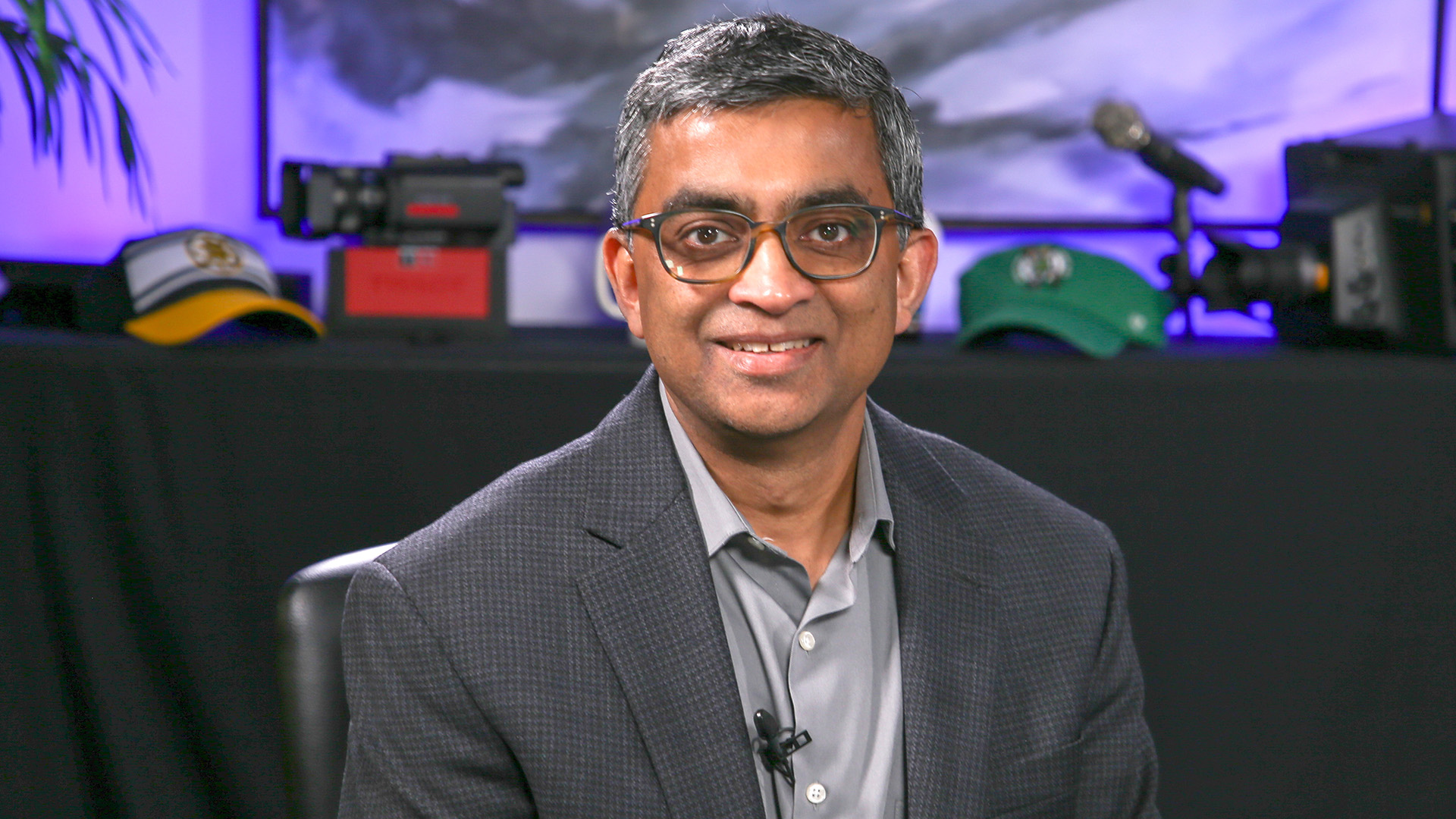 CLOUD
CLOUD
 CLOUD
CLOUD
 CLOUD
CLOUD
As cloud-native concepts have become more widely adopted within enterprise IT, this has created interest in more agile development and deployment of applications across platforms. The challenge is that variances in operating environments, in the cloud, on-premises or out to the edge, create complexity.
Dell Technologies Inc. is addressing this issue through recent enhancements to its APEX Cloud Platform family of products. The latest releases are designed to provide a simpler operating model by offering cross-platform consistency in a multicloud world.
“The number one problem that we see our customers facing is more and more operational complexity because it’s multicloud,” said Sudhir Srinivasan (pictured), senior vice president of multicloud and data solutions at Dell. “We’ve taken a holistic approach to multicloud that really simplifies operations across cloud, on-prem, edge, wherever. The trick is how to deliver that consistency at all layers of the stack, all the way from infrastructure all the way up to the application layer.”
Srinivasan spoke with theCUBE industry analyst Dave Vellante at the “Future of Cloud-Native Infrastructure Is Now” event, during an exclusive broadcast on theCUBE, SiliconANGLE Media’s livestreaming studio. They discussed how Dell’s enhancements for APEX provide choice, consistency and control in the multicloud experience and where Red Hat OpenShift fits in. (* Disclosure below.)
Dell is following a multicloud-by-design strategy through three key strategic approaches, according to Srinivasan.
“We’re enriching the public clouds by bringing our storage software-defined assets into the public cloud so we can offer the same level of enterprise grade storage capabilities in the cloud — that’s what we call our ground-to-cloud piece,” Srinivasan said. “The second piece is connecting the cloud operating environments back on-prem, and that’s what we call cloud-to-ground. The third piece is optimizing that multicloud experience to be able to give that cloud consumption experience, subscription-as-a-service, no matter where you are, whether you are in the cloud or on-prem.”
To deliver an optimized multicloud experience, Dell has set out to bring operating environments to customers on-premises by making the process as easy as it is to consume in the cloud. Dell’s focus has been on delivering an ease of use and automation in hyperconverged infrastructure on-premises, and it is now doing that for multicloud as well through a series of turnkey solutions developed in collaboration with three major enterprise providers.
“We’re now collaborating very closely with three partners – Microsoft, Red Hat and VMware – to co-engineer these turnkey solutions,” Srinivasan said. “They are early turnkey solutions that dramatically reduce your operational complexity. We are giving choice, consistency and control. That’s what the APEX Cloud Platforms offer.”
Dell provides choice, consistency and control through a set of common building blocks across the APEX Cloud Platform family.
“The first is the hardware, we bring our industry best, industry leading PowerEdge servers, the latest generation of PowerEdge servers, which are all based on the Intel 4th generation Zeon scalable processor,” Srinivasan said. “The second piece is the software defined storage, independent of which cloud stack you are using, you are getting the same software defined storage across all of them. The last piece is the management and orchestration software that makes this platform be what it is, which is a turnkey solution, extreme levels of automation that give you a fast time to value.”
Customers must also deal with another level of complexity and that involves the data itself. Data mobility is an important consideration for enterprise customers who may want to move data to where the application is or move a workload to where the data resides.
“We set out to solve this using what we call our universal storage layer,” Srinivasan explained. “It’s this storage stack that’s available both on-prem and in the cloud. Because it’s the same operational interface, customers don’t have to replatform their application whether you are going from in the cloud to on-prem or vice-versa. So, we’re moving data in much more efficient ways.”
With the rise of generative AI, companies are increasingly looking for solutions that can handle the resource demands necessary to drive complex analytic processing. These resources may not always be available in one location, a situation that Dell has anticipated, according to Srinivasan.
“With the universal storage layer, now you can actually move data to wherever you need, wherever you might have the GPUs, for example, to be able to do your AI,” he said.
One of the key components in Dell’s enhancements for APEX involves a common framework for management and orchestration.
“That’s what we call our APEX Cloud Platform Foundation Software,” Srinivasan said. “What we’ve done is taken that software which delivers all the automation and lifecycle management and made it available beyond just hyperconverged into this multicloud infrastructure. Customers are seeing as much as 90% reduction in deployment time … or 88% reduction in the number of steps required to deploy a development environment stack.”
Here’s the complete video interview, part of SiliconANGLE’s and theCUBE’s coverage of the “Future of Cloud-Native Infrastructure Is Now – Dell APEX Cloud Platform for Red Hat OpenShift” event:
You can watch the entire event below:
(* Disclosure: TheCUBE is a paid media partner for the “Future of Cloud-Native Infrastructure Is Now” event. Neither Dell Technologies Inc., the sponsor of theCUBE’s event coverage, nor other sponsors have editorial control over content on theCUBE or SiliconANGLE.)
THANK YOU